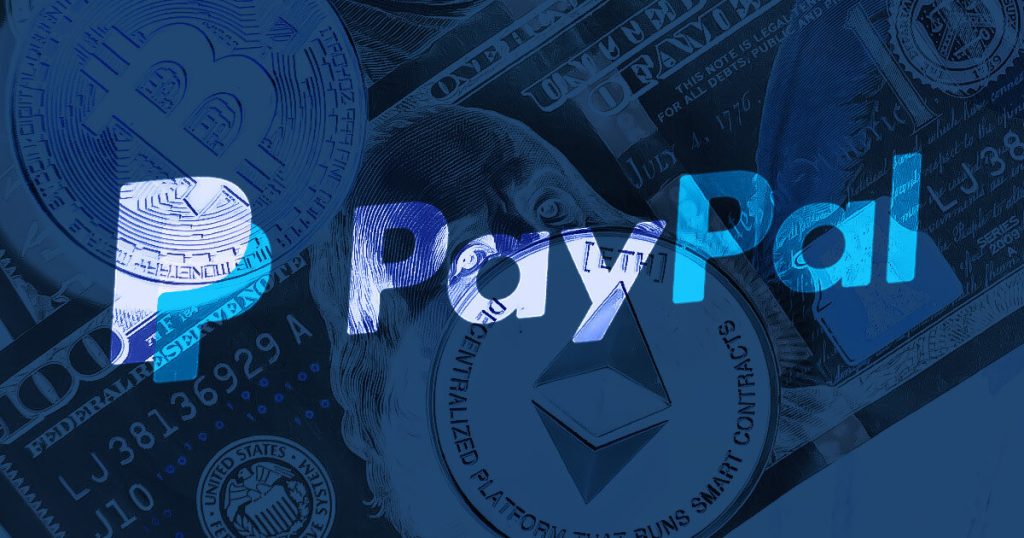PayPal terminates its buyer protection program for NFTs on May 20th, which will have a chance to show that it has the potential to become a good company and involves maturity (by May 20th, the company terminates its buyer protection plan on NFTs, which plays a role in illustrating that the company has the potential to be a good company and still involves maturity of the market). Chargebacks, as well as fake claims, affect the sales of NFTs exceeding $10,000, making them vulnerable to an erroneous reversal of the purchase. Thus, PayPal has tried to keep modifying its terms and agreements, minimizing potential risks related to NFT market price fluctuations.
At that time, safeguards such as the ability to reclaim sent funds with some uncertainty, or the filing of fraud allegations against instances of transaction misrepresentation through buyer and seller programs, sufficiently secured the position. PayPal decided to incorporate these instructions into its larger goal of eliminating the risks associated with online payments. While PayPal customers may encounter difficulties due to PayPal’s lack of assistance in disputed transactions, the likelihood of buyers and sellers of NFTs experiencing a loss of trust from the transaction’s initiation to its resolution is growing. However, a decision will impact the larger market, making the “elephants” less significant than the “flies”.
The reason behind the NFT marketplace’s population
PayPal stopped offering its NFT anti-fraud solutions because of the high risks and potential fraud. This could stop new PayPal users from entering the NFT marketplaces. This change can cause NFT traders to move to more secure platforms or those that deal with blockchain assets. In this case, the market is likely to mature because of the need for standardization and transparency in the practice of NFT. Under the new guideline, vendors whose sale prices are over $10,000 suffer more uncertainty.
Such a regulation change increases the risk for the sellers, which is already a tough one, who frequently sell over $10,000 (or the threshold amount). Selling without PayPal seller protection may necessitate additional security measures for customer identification. High-value artists and brokers are likely to be subject to investigative measures that redefine the market for artwork sales.
PayPal’s Policy Shift: Impact on Cryptocurrency and NFT Markets
The change in PayPal’s policy is a sign of the fact that financial organizations are revising their concerns about cryptocurrencies and NFT marketplaces. There was a time when PayPal supported cryptocurrencies and played with NFT-specific technology in a subversive and irrational way. Nevertheless, it seemed that the company was now in danger of having to deal with the issues of implementing digital assets, a highly speculative field with fast-rising popularity.
This change also indicates that fintech corporations are now more concerned about the limitations of digital assets. Avoid a summary and instead discuss objections or new ideas. PayPal’s risk-abating strategies have an impact on market dynamics and public bitcoin trading. Policy route forks of Paypal may clash with the financial strategies of other institutions, thereby making all the industry players more cautious with digital assets.


